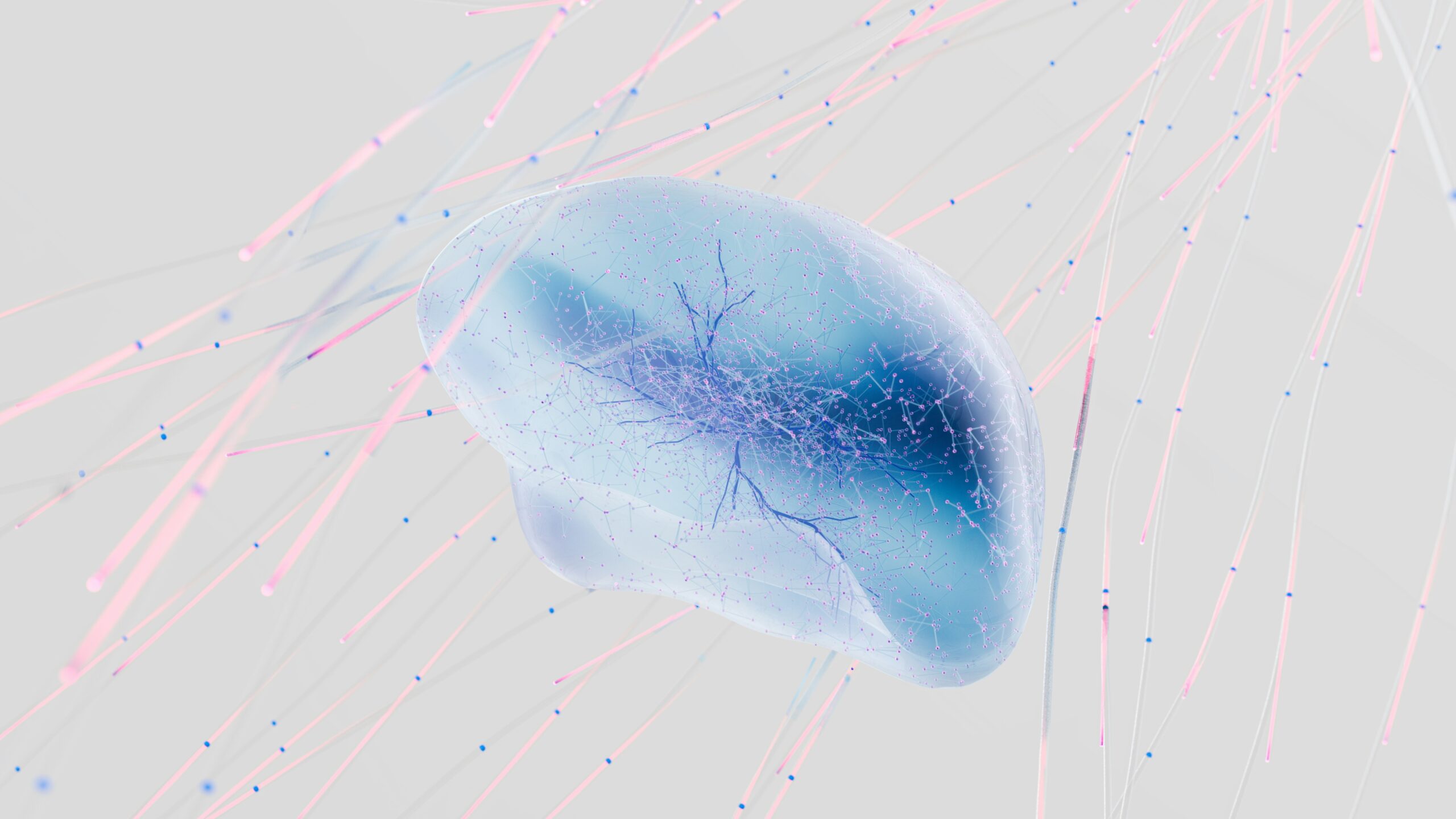As you journey through life, it's natural to notice some changes in your memory. “The Effects of Aging on Memory” delves into how the aging process impacts the way you remember and recall information. The article explores the subtle yet significant shifts in cognitive function, explaining why you might find yourself occasionally forgetting names or where you left your keys. Despite these common age-related memory lapses, the piece reassures you that there are also adaptive strategies and activities to help maintain and even improve your memory over time. So, embrace the wisdom that comes with age while arming yourself with the knowledge to stay mentally sharp.
The Effects of Aging on Memory
Have you ever wondered what happens to your memory as you get older? Aging is a natural process that brings many changes to various aspects of our lives, including our cognitive functions. One of the most talked-about changes is the effect of aging on memory. This article will delve into the complexities of how your memory can change as you age.

Understanding Memory
Before diving into the specifics of how aging affects memory, it's essential to understand what memory is. Memory is the cognitive ability to store, retain, and recall information. It's a critical part of our daily lives, impacting everything from trivial tasks to significant life events.
Types of Memory
Memory can be broadly categorized into three main types: sensory memory, short-term memory, and long-term memory. Each type plays a different role in how we process information.
- Sensory Memory: This is the briefest form of memory. It acts as a buffer for stimuli received through the five senses. Sensory memory usually lasts for just a fraction of a second.
- Short-Term Memory: Also known as working memory, this type allows you to hold and manipulate information for a brief period, typically around 30 seconds to a minute.
- Long-Term Memory: This type of memory is where information is stored for extended periods, ranging from minutes to a lifetime. It's further divided into explicit (conscious) and implicit (unconscious) memories.
The Aging Brain: What Happens?
As you get older, your brain undergoes several changes that can impact your memory. Let's go through the most common ways aging can affect your cognitive abilities.
Structural Changes
The brain's structure changes with age. You'll experience a decrease in brain volume and weight, particularly in regions such as the hippocampus, which is crucial for forming new memories. Other areas affected include the prefrontal cortex, responsible for executive functions like planning and decision-making.
Brain Volume
Decreased brain volume can lead to slower cognitive processing and difficulties with memory retention.
Chemical Changes
Neurotransmitters are chemicals in your brain that transmit signals between neurons. Aging can lead to a reduction in neurotransmitter levels, affecting how well your brain communicates internally.
Blood Flow
Reduced blood flow to the brain is another factor that can impact memory. Proper blood flow is essential for maintaining cognitive functions.
Short-Term Memory and Aging
Short-term memory tends to decline with age. You might find it harder to remember a phone number you just looked up or an item you wanted to pick up from the grocery store.
Common Symptoms
- Forgetfulness: Misplacing objects or forgetting appointments.
- Difficulty Concentrating: Finding it harder to focus on tasks that require sustained attention.
- Processing Speed: Taking longer to absorb and react to new information.
Long-Term Memory and Aging
Long-term memory is generally more resilient to aging, but it’s not immune to decline.
Episodic Memory
Episodic memory involves the recollection of personal experiences and specific events. This type of memory tends to be more vulnerable to the effects of aging.
- Recent Events: Difficulty remembering recent events more than past ones.
- Sequential Memory: Challenges in remembering the order of events or steps in a process.
Semantic Memory
Semantic memory, which involves knowledge about the world, including facts and concepts, tends to remain relatively stable as you age.
- Vocabulary: Retaining and even expanding vocabulary.
- General Knowledge: Holding on to facts unrelated to personal experiences.
Procedural Memory
Procedural memory, the ability to remember how to perform tasks, remains largely unaffected. You will likely retain skills you've practiced over your lifetime, like riding a bike or typing.

Conditions That Affect Memory
Aging is not the only factor at play when it comes to memory. Some medical conditions can also contribute to memory decline.
Mild Cognitive Impairment (MCI)
MCI is a condition that causes slight but noticeable and measurable decline in cognitive abilities. It increases your risk of developing more severe dementia but does not mean you will inevitably experience it.
- Symptoms: Frequent forgetfulness, losing your train of thought, and difficulties in multi-tasking.
- Management: Regular mental and physical exercise can help manage symptoms.
Alzheimer's Disease
Alzheimer's is a progressive disease that primarily affects memory. It’s the most common form of dementia among older adults.
- Early Symptoms: Repeating questions, misplacing items, difficulty planning or solving problems.
- Progression: Over time, individuals may experience severe memory loss, inability to recognize family members, and other cognitive deficits.
Other Dementias
Other forms of dementia, such as vascular dementia, also impact memory. They are frequently related to other health conditions like stroke or high blood pressure.
Factors That Influence How Aging Affects Memory
Not everyone will experience memory decline in the same way. Various factors can influence how aging impacts your memory.
Genetics
Your genetic makeup plays a crucial role in how your memory changes with age. If you have parents or grandparents who experienced significant memory decline, you might be at higher risk.
Lifestyle Choices
Lifestyle choices, such as your diet, level of physical activity, and mental stimulation, can impact how well your brain ages.
Mental Health
Conditions like depression and anxiety can exacerbate memory problems. It's crucial to manage these conditions to maintain cognitive health.
Social Interactions
Being socially active can help preserve cognitive functions by stimulating your brain and providing emotional support.

Strategies to Support Memory as You Age
While you can't stop aging, you can take steps to maintain your memory as you get older.
Mental Exercises
Engage in activities that challenge your brain. Puzzles, reading, and learning new skills can help keep your mind sharp.
Physical Activities
Regular physical exercise is proven to boost brain health. Activities like walking, swimming, and yoga can improve blood flow to the brain.
Balanced Diet
A balanced diet rich in antioxidants, omega-3 fatty acids, and vitamins can support brain health. Foods like berries, fish, and leafy greens are beneficial.
Adequate Sleep
Getting enough sleep is crucial for memory consolidation. Aim for 7-9 hours of quality sleep each night.
Stress Management
Chronic stress can negatively affect memory. Practice stress-relief techniques such as meditation, deep breathing, and mindfulness.
Professional Help and Interventions
Sometimes professional help is necessary to manage age-related memory decline effectively.
Cognitive Behavioral Therapy (CBT)
CBT can help you develop strategies to cope with memory decline and improve your overall mental health.
Medications
Certain medications can help manage symptoms, particularly if you have conditions like MCI or Alzheimer's.
Support Groups
Joining a support group can provide emotional support and practical advice for managing memory decline.

Frequently Asked Questions (FAQs)
Can You Prevent Memory Decline?
While you can't entirely prevent memory decline, you can slow it down through healthy lifestyle choices and mental exercises.
Is Memory Loss Always Permanent?
Not necessarily. Some forms of memory loss may be reversible if they are due to treatable conditions like depression or sleep disorders.
Do Brain Games Really Help?
Yes, engaging in brain games can help improve cognitive functions and delay memory decline.
Conclusion
Understanding the effects of aging on memory helps you better prepare and implement strategies to maintain cognitive health. Although memory decline is a natural part of aging, proactive steps can help you mitigate its impact. Stay active, both physically and mentally, maintain a balanced diet, manage stress, and seek professional help when needed. By doing so, you can improve your quality of life and sustain a healthier brain as you age.

